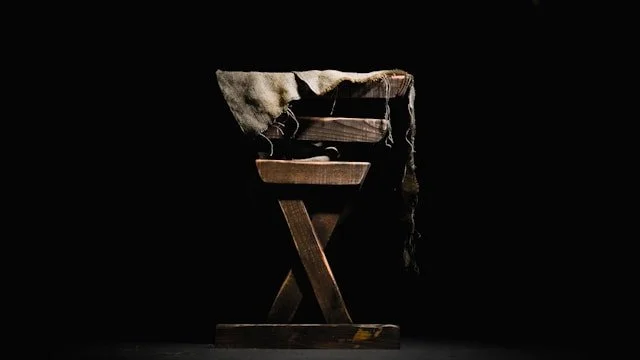You may or may not be familiar with the name Bart Ehrman. Ehrman is a New Testament scholar and skeptic. Ehrman grew up in a Christian home, attended a conservative Bible school, and then found hiw way to a liberal seminary where his faith in the God of the Bible unraveled. That seminary happens to be the seminary I would attend a couple of decades later.
For Ehrman, everywhere he looks he sees holes in the biblical story. The inconsistencies that he sees have led him to determine that he cannot trust in the God of the Bible. One of those holes that Ehrman comes back to regularly (he’s done so in his books, his blog, and in interviews) is the apparent contradictory telling of Judas’s death in the gospels. Ehrman’s perception of this apparent contradiction demonstrates the choice of faith we have.














